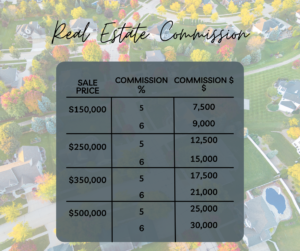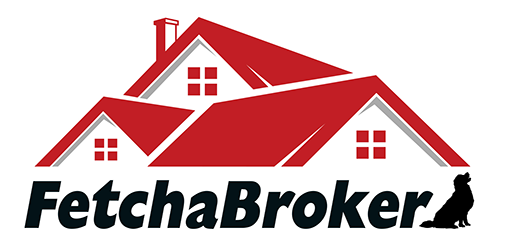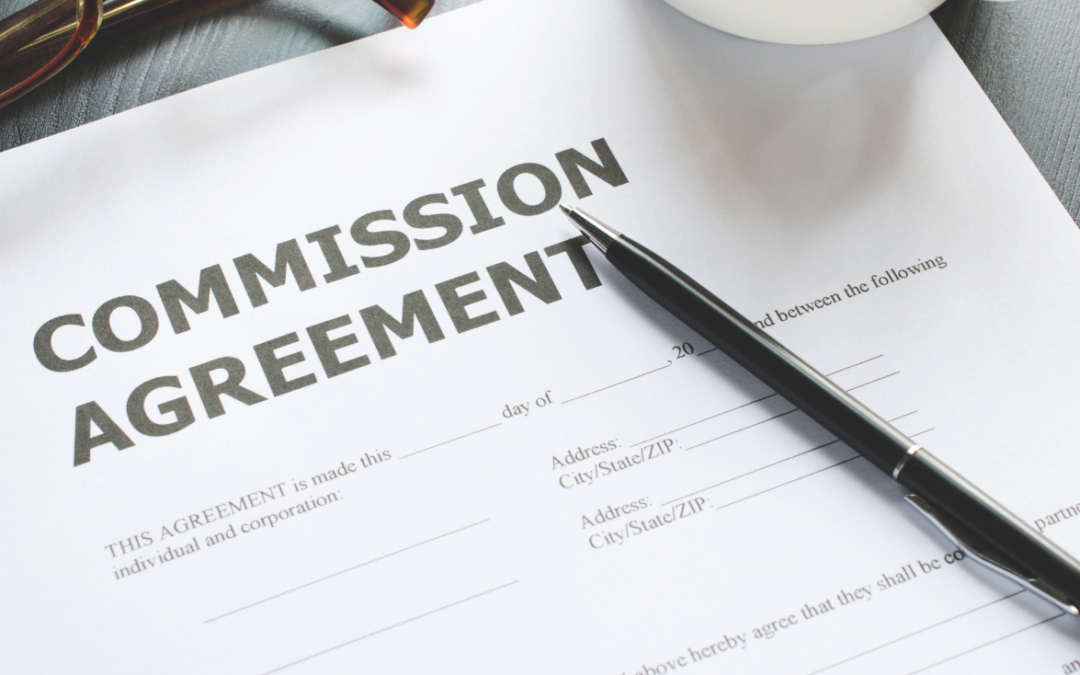When it comes to real estate transactions, understanding the ins and outs of commission fees is crucial. Here’s a breakdown of key information you need to know:
How much is real estate commission?
Real estate commission typically ranges from 5% to 6% of the home’s sale price. This commission is divided between the buyer’s agent and the seller’s agent, each receiving around 2.5% to 3%.
Who pays the commission?
If you’re buying a home, you usually don’t have to pay the real estate agent commission. However, if you’re selling a home, you’ll pay commission to both your listing agent and the buyer’s agent when the sale closes.
Can you negotiate Realtor® commission fees?
Negotiating commission fees is possible, as there are no set regulations. Factors like the type of transaction, services required, and the relationship with the agent can influence negotiations.
What does the commission cover?
The average real estate agent commission covers various services, including setting a realistic price,  marketing, negotiation, attending inspections, and closing the sale.
marketing, negotiation, attending inspections, and closing the sale.
 marketing, negotiation, attending inspections, and closing the sale.
marketing, negotiation, attending inspections, and closing the sale. How is the commission divided between agents?
The commission is typically split evenly between the buyer’s agent and the listing agent. After the initial split, the commission may further be divided between the broker and the agent.
How does commission work for buyers?
In most cases, the home seller pays the Realtor® commission for both agents. However, buyers may indirectly bear the cost if sellers adjust their listing prices to accommodate the commission.
Do you have to pay commission if your home doesn’t sell?
In general, you won’t owe commission if your home doesn’t sell, unless specified otherwise in your contract. Factors like finding the buyer during the contract period or backing out of a sale may impact commission obligations.
Is commission included in closing costs?
Agent commission is separate from closing costs, which include fees like taxes, title insurance, and lender fees. Closing costs typically range from 2% to 5% of the home’s purchase price.
What is dual agency?
Dual agency occurs when an agent represents both the buyer and the seller. Full disclosure is crucial in dual agency, and it’s illegal in some states.
To provide a clearer perspective, here’s a chart illustrating commission breakdown based on home sale prices:

Understanding real estate commission is essential for both buyers and sellers. By being informed and proactive, you can navigate the commission process effectively and make informed decisions during real estate transactions.

